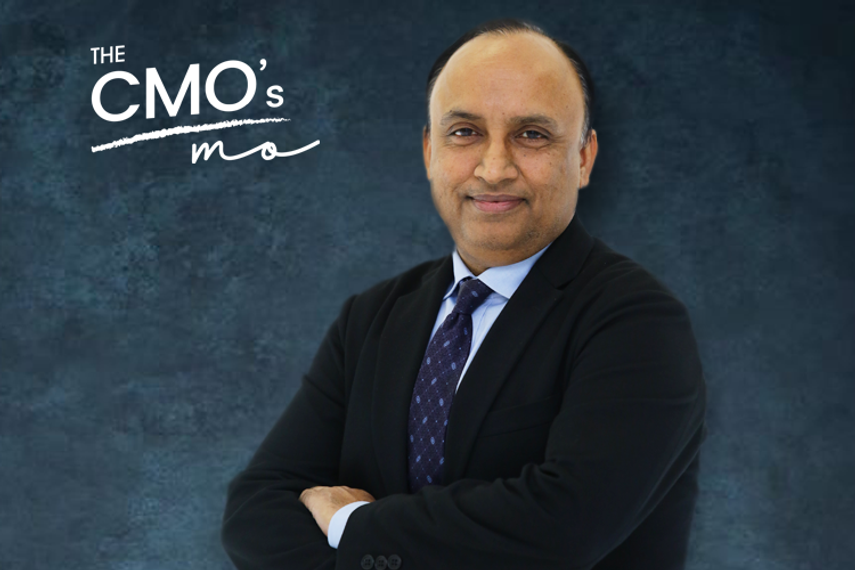
Please sign in or register
Existing users sign in here
Having trouble signing in?
Contact Customer Support at
[email protected]
or call+852 3175 1913
Shashank Srivastava, senior executive officer, marketing and sales, Maruti Suzuki India, headlines this edition by delving into being a completely 'customer-obsessed' CMO and giving a peek into his lesser-known fascination for the origins of the universe and human evolution.

Contact Customer Support at
[email protected]
or call+852 3175 1913
Top news, insights and analysis every weekday
Sign up for Campaign Bulletins
Based on $2.4 billion in ad spend across 1,300 apps, AppsFlyer’s latest report reveals why emotional storytelling, tutorials and platform-native talent now outperform big-budget creative in mobile marketing.
OMD holds strong in second position while Publicis' Starcom climbs the highest after retaining Dabur's media mandate.
Hazel Yap, co-founder of influencer marketing agency Serious Media, unpacks the business behind the buzz—arguing that content creation isn’t just Gen Z’s latest phase, but a viable career reshaping Asia’s marketing economy.
A three-part video series sees Changi Airport positioning itself as the gateway for travellers to discover Southeast Asia’s rich food culture.